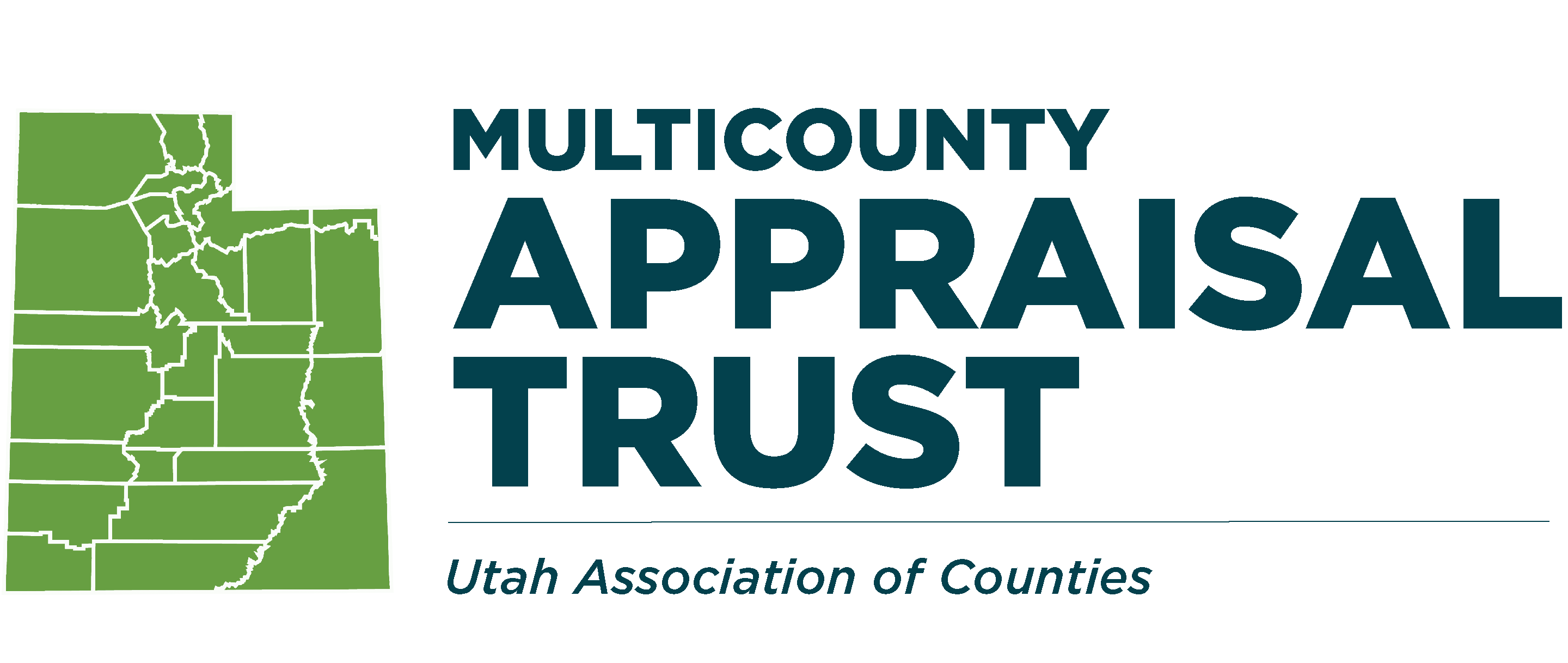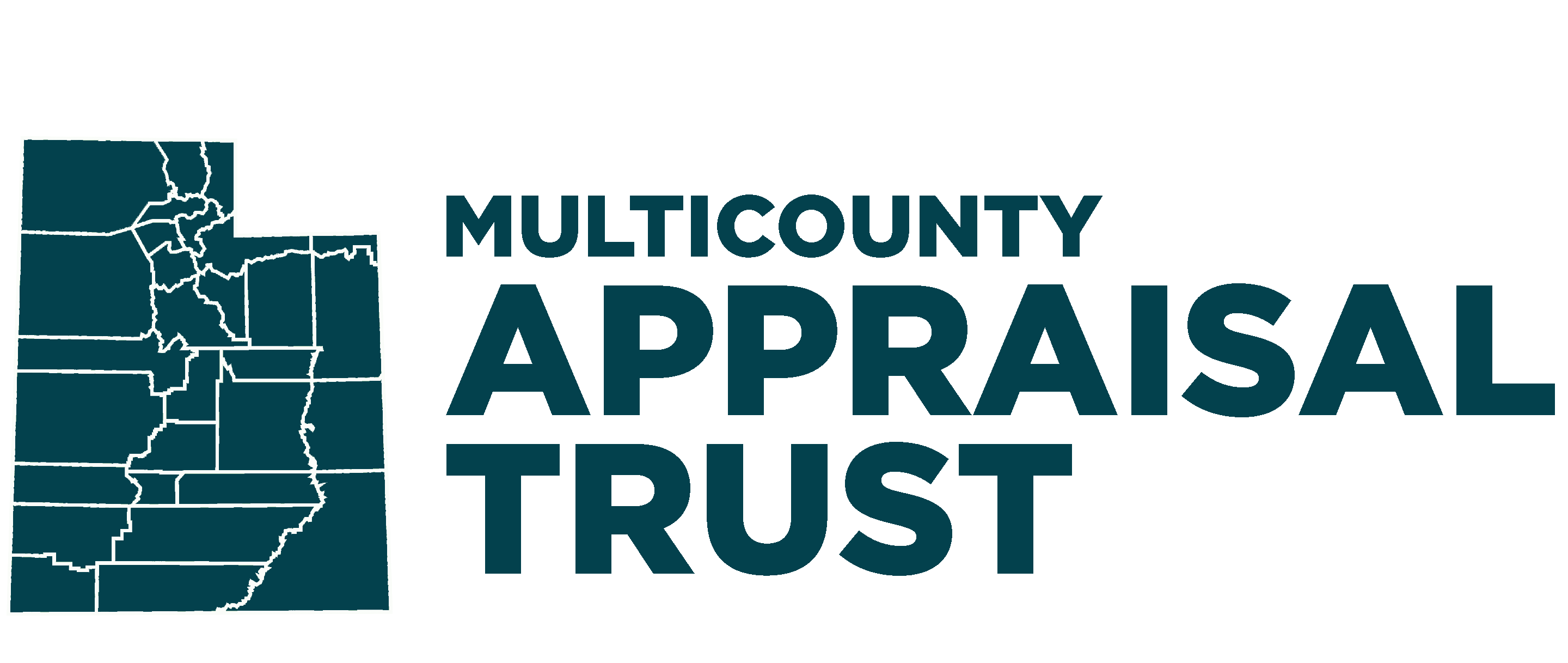Utah Property Valuation Appeal Portal
Welcome to Utah’s online portal for appealing your property tax valuation.
If you believe the market value of your property, as assessed by your county assessor, is inaccurate, you have the right to file an appeal with your county’s Board of Equalization (BOE).
This portal has been created to assist you with the submission of an appeal to your county’s BOE.
Currently not all counties accept online submission, once you choose your county below you will be directed to the available submission options.
General Information
Your annual “Notice of Property Valuation and Tax Changes” should arrive in July or August. The notice shows the market value set by the county assessor, the projected amount of tax due, and the dates of public hearings by entities that set tax rates.
This publication is designed to help you determine if the market value set for your property is correct and, if necessary, how to file an appeal with the county board of equalization.
(Utah State Tax Commission)
This publication is designed to help you determine if the market value set for your property is correct and, if necessary, how to file an appeal with the county board of equalization.
(Utah State Tax Commission)
Value vs. Taxes
The property tax on your property is the result of several factors: the value of the property, the tax rate, and certain exemptions that apply in some cases.
If the value of your property increases by 25 percent, the taxes due will not necessarily increase by the same percentage
(Utah State Tax Commission)
If the value of your property increases by 25 percent, the taxes due will not necessarily increase by the same percentage
(Utah State Tax Commission)
How the Appeal Process Works
Under Utah Code Annotated §59-2 1004 and Utah State Tax Commission Rule R884-24P-66, the property valuation appeal process generally follows these steps:
1: Review Your Valuation Notice
Each year, you will receive a Valuation Notice from your county auditor stating the market value of your property and your estimated property tax.
Carefully review this notice, as it triggers your right to appeal.
Carefully review this notice, as it triggers your right to appeal.
2: Submit Your Appeal
You must file your appeal on or before the deadline stated on your Valuation Notice (commonly September 15, but verify your county’s specific date).
Either through this portal or your county’s process, you should:
Either through this portal or your county’s process, you should:
- Complete the appeal application.
- Provide the required evidence (e.g., comparable sales, a professional appraisal, photographs, corrections to property characteristics).
- Indicate if you wish to appear in person, by phone, or have your appeal decided on written evidence.
3: Initial Review by the County Auditor
The county auditor will determine whether your appeal includes sufficient evidence to proceed.
Your evidence will be shared with the county assessor.
If the assessor and the taxpayer agree on a revised (lower) market value, they may sign a stipulation agreement to resolve the appeal without a hearing.
4: No Agreement? Proceed to Hearing
If no agreement is reached, the appeal moves forward.
Depending on your county, a hearing officer or the Board of Equalization will conduct the hearing.
Both you and the assessor may submit additional evidence and recommend a value for consideration.
5: Hearing and Presentation
You will have an opportunity to present your case and any supporting evidence.
The assessor may present their position and evidence.
The hearing officer or BOE will consider all information to determine the fair market value.
6: Final Determination
After the hearing, the Board of Equalization will issue a written decision.
If you do not appeal this decision, it stands as the final determination of your property’s valuation.
7: Further Appeal
If you disagree with the BOE’s decision, you may file an appeal with the Utah State Tax Commission within the timeframe specified in the decision notice.
What Evidence Should You Provide?
To support your appeal, consider including:
- Recent comparable property sales data
- A professional appraisal
- Photos showing property condition
- Documentation of errors in the county’s records
The burden of proof is on you as the property owner to demonstrate that the county’s assessed value does not reflect the property’s fair market value as of January 1 of the tax year.
Relevant Law and Rule
This process is governed by:
- Utah Code Annotated §59-2-1004 – Procedures for appeal of property valuations to the county BOE.
- Utah Administrative Rule R884-24P-66 – Requirements and standards for valuation evidence, notice, hearings, and decisions.

